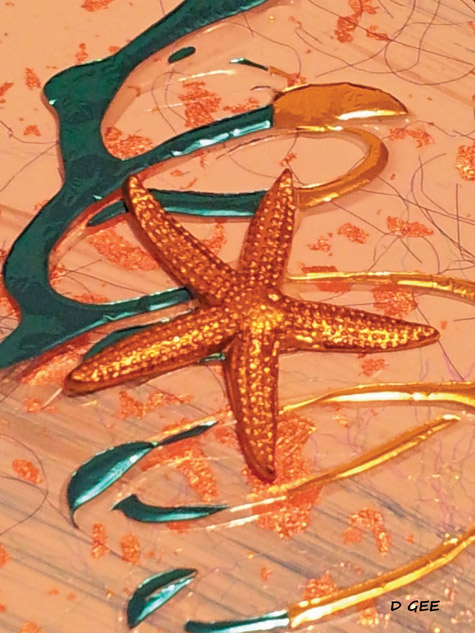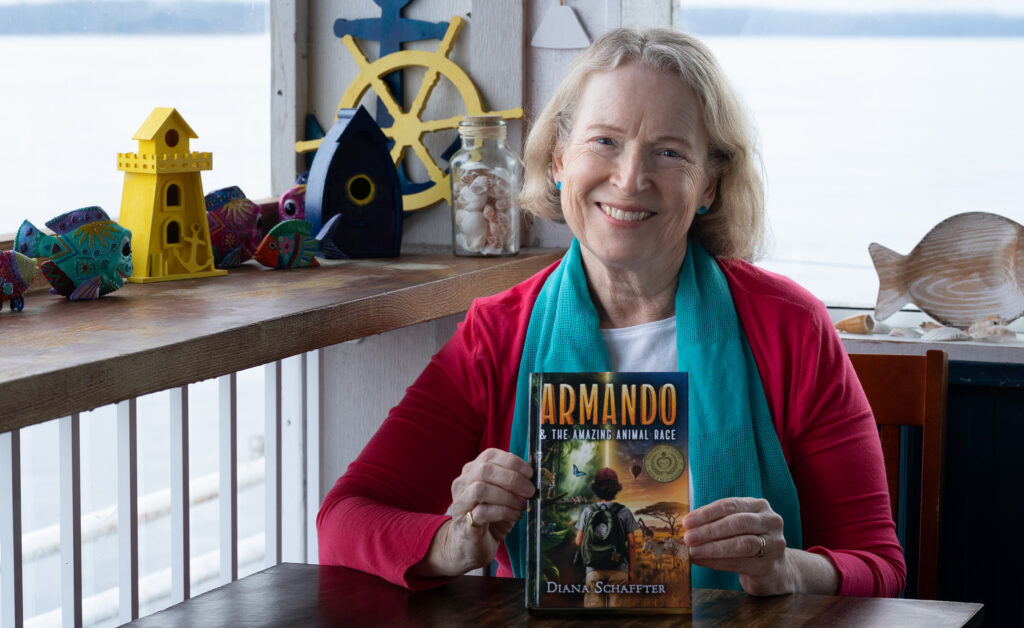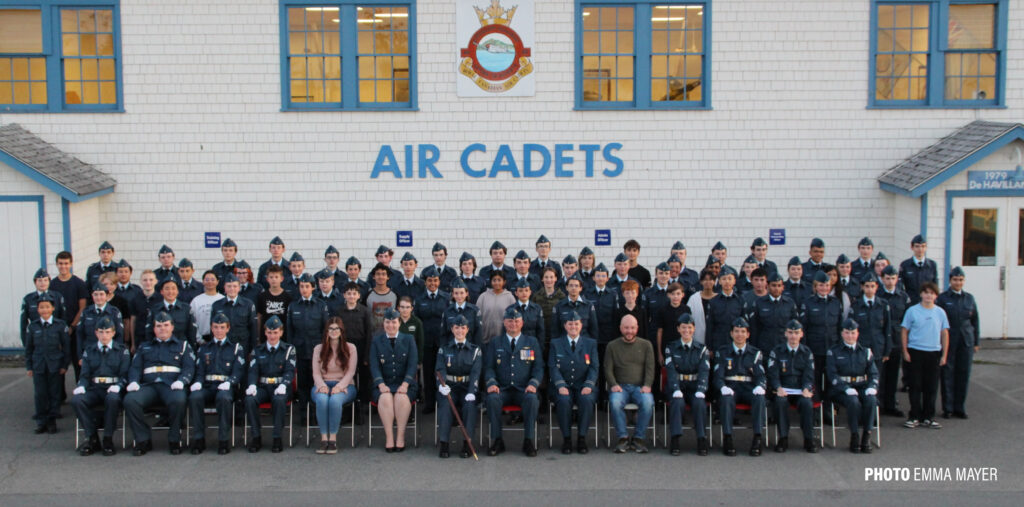by Jo Barnes –
Last time we blazed the word trail in the great outdoors. Today, let’s board the phrase train and explore the world of travel.
We’re packing light. The trip will be simple: no first class flight my friend. After all, we’re operating on a shoestring budget. The phrase is thought to originate in the 1800s when early peddlars would sell minor items like small pots or shoelaces to earn a modest sum of money. We’re all set, though, and we’ve definitely got more than shoe laces in our luggage!
We could follow a carefully planned itinerary, or would you like to just fly by the seat of your pants? While it might evoke a very funny image in your head, the phrase is actually rooted in aviation history. Early pilots didn’t have radios and other instruments and had to rely on their own perceptions and deductions. They had to react to the feel of the plane and often they sensed that feeling in their own backside! Like old-time pilots, let’s be observant, see what unfolds and improvise as we go.
Be aware of the signs and gate numbers. Don’t forget to have your passport and boarding pass ready. That’s the ticket! If you’re slightly confused, what I meant is that there are rules to be followed. The word “ticket” in the phrase is from the French “etiquette” meaning the correct thing to do. It’s based on the book outlining the rules of correct behaviour in the Court. So show your boarding pass, but you’ll still need your ticket.
You know, there’s nothing quite like travelling. I don’t know about you but I’ve had itchy feet lately! Don’t get out the foot powder quite yet. The phrase dates back to the 1900s, to a common superstition that suggests when your feet itch it means you’ll embark on a long journey soon.
The captain has announced that we’re landing soon. I have a few ideas of sights to see and foods to try, but having never been to this part of the world, there will undoubtedly be surprises. So what’s our best approach? When in Rome, do as the Romans do! But we’re not in Rome you say? It’s an old saying that means when you’re visiting a place, it’s best to follow the conventions of the area. In the Fourth Century A.D., when St. Augustine moved to Milan, he discovered people there didn’t fast on Saturdays. He followed the wise advice of the bishop of Milan to avoid criticism and followed the customs of the area. In similar fashion, how about we eat like the locals and try some authentic food?
So pull up a chair, rest and refresh. Maybe next time we’ll find some new words to tickle your tastebuds.




